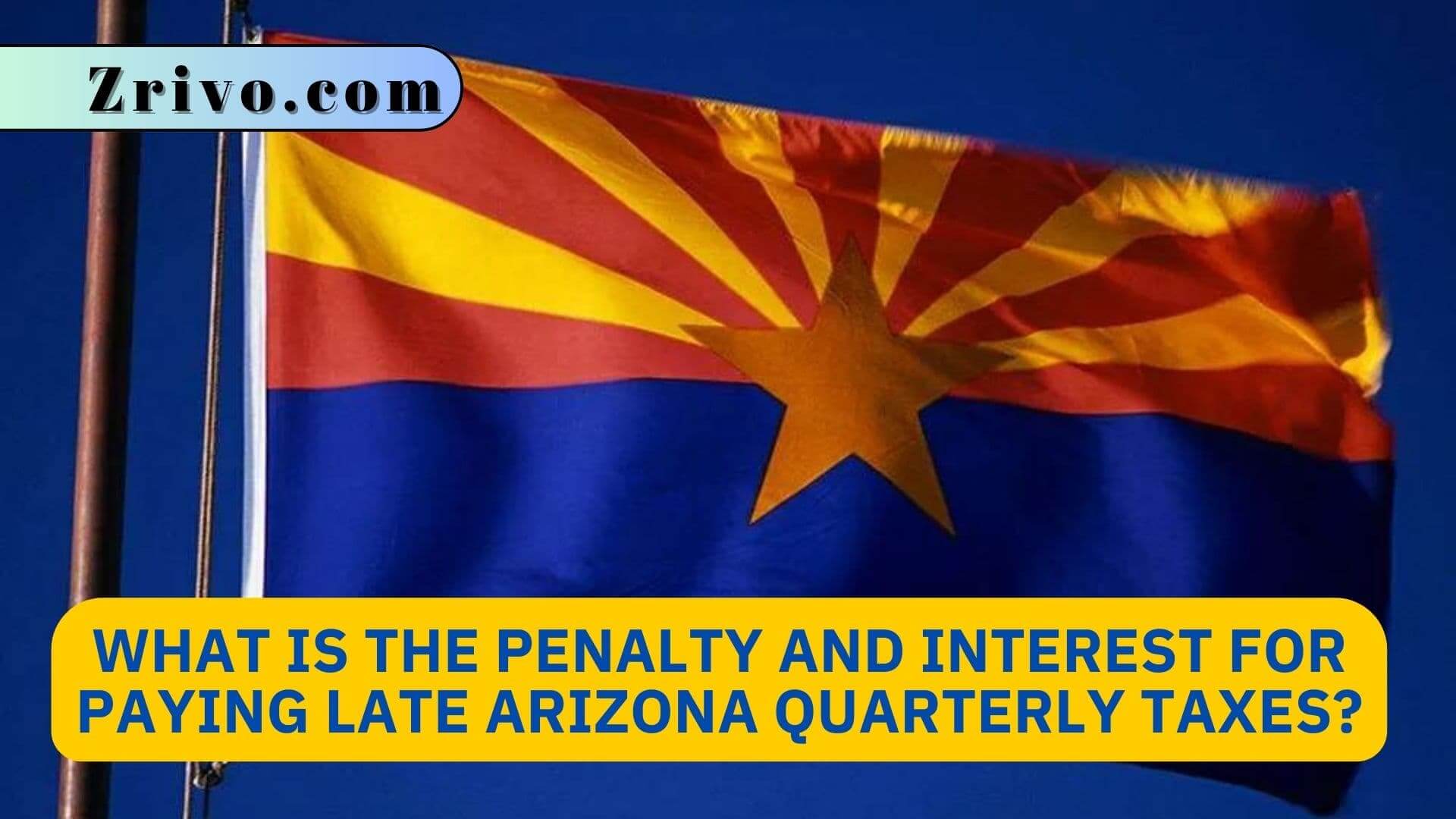
Timely tax payments are essential for maintaining compliance and avoiding potential penalties. In the state of Arizona, businesses are required to make quarterly tax payments to the Arizona Department of Revenue (ADOR). Failure to make these payments on time can result in penalties and interest charges.
- Late Filing Penalty: A penalty of 0.1% of the total wages paid in the quarter is assessed for late-filed quarterly reports. The minimum penalty is $35, and the maximum is $200.
- Late Payment Penalty: For late payments, a penalty of 0.5% of the tax due per month or fraction of a month during which the failure continues, up to a maximum of 10%, is assessed.
Interest on Unpaid Taxes in Arizona
In addition to late payment penalties, interest charges accrue on any unpaid Arizona quarterly taxes from the due date of the return until the date of payment. The Arizona Department of Revenue sets the interest rate, and is typically adjusted quarterly. As of October 4, 2023, the interest rate is 6% per annum.

How to Avoid Late Penalties and Interest in Arizona?
To avoid late payment penalties and interest charges, businesses should make their quarterly tax payments on time and in full. The due dates for Arizona quarterly tax payments are as follows:
- First Quarter: Last day of the month following the end of the first quarter
- Second Quarter: Last day of the month following the end of the second quarter
- Third Quarter: Last day of the month following the end of the third quarter
- Fourth Quarter: January 31 of the following year
Businesses can make quarterly tax payments electronically through the AZTaxes.gov website or mail a check or money order to the ADOR.
Consequences of Noncompliance
Failure to make timely payments and comply with Arizona tax regulations can lead to severe consequences for businesses, including:
- Accumulation of significant penalties and interest charges
- Potential liens on business assets
- Suspension or revocation of business licenses
- Legal action from the ADOR
Ensuring timely payment of Arizona quarterly taxes is crucial for businesses to maintain financial stability and avoid potential legal complications. By adhering to tax obligations and making payments on time, businesses can protect their operations and maintain a positive standing with the ADOR.

Penalties and Interest For Missing TPT Due Dates
If you miss the TPT filing or payment due date, a penalty and interest will apply. To avoid penalties, always file by the assigned due date. Due dates that fall on weekends or legal holidays will be pushed back to the next business day.
In Arizona, you must collect and remit transaction privilege tax (TPT), also known as sales tax. TPT is a business tax that’s imposed on the privilege of conducting business in the state and can be passed on to customers. While many businesses choose to pass this tax on to their customers, the responsibility of registering for and remitting TPT still lies with the business itself.
If you file your return late or don’t pay your taxes on time, the state will assess a penalty of 5% of the total tax liability for every month or fraction of a month that you’re late, up to 25% of the outstanding balance. This is a high rate, but it’s capped at 25 percent of the balance so you won’t end up owing more than that.
Similarly, a failure to make a required payment results in a penalty of 0.5% of the amount of tax that remains unpaid for each month or part of a month that the amount is late. This penalty is also capped at 25% of the outstanding balance. The department will also charge interest on any portion of the tax determined by the department or reported by the taxpayer that is not paid by the due date for payment. Interest is calculated at the federal short-term rate plus three percentage points, compounded daily.